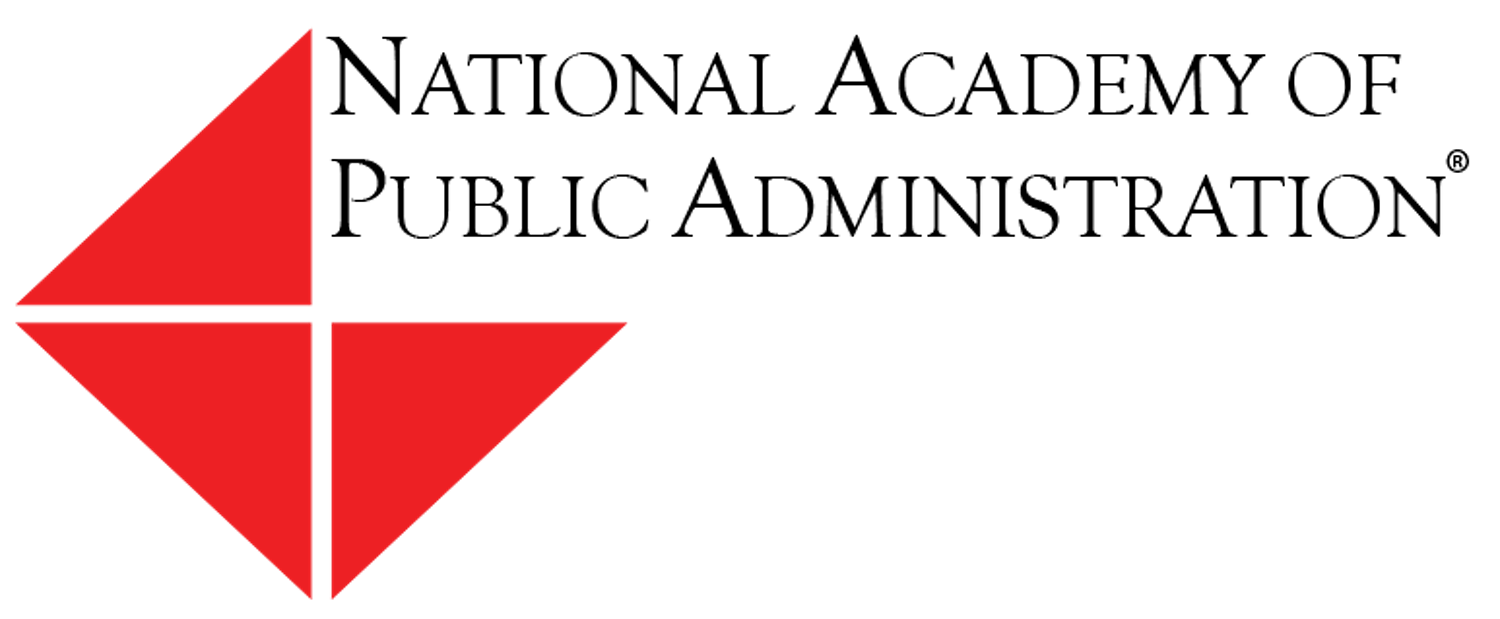
Building the Future of Government through Public Service
Post Date: May 10, 2017
By: Jane Fountain
How can we incentivize the next generation to get involved in public service? Specifically, what can academics in public affairs programs do to incentivize the next generation to get involved in public service? Experts have known for nearly 20 years that the aging federal workforce and retirements would reach a crisis level if not addressed by an influx of younger public servants. More important, perhaps, the world of work and governance has changed during the last two decades. We’re not just replacing people, we have to replace ways of working and governing that no longer work.
During the past decade my students have changed. A surprising number have started their own businesses. They use their creativity and entrepreneurship, often nurtured in primary and secondary school, to engage directly in problem solving. Many have volunteered or taken on unpaid internships to gain first-hand experience and to “give back” or “pay forward.” Their will and ability to serve are evident. What else has changed? They are “born digital” and find the digital world in which they send and receive information, often on social media, to be completely natural as a working environment. What can academics do, given these developments, to inspire students to public service?
Here are three modest suggestions:
- Build engaged learning and provide first-hand exposure for students to government organizations. Students learn effectively through hands-on, practical projects with real clients. Students have to have first-hand exposure to public service, perhaps through an internship, a project with a “client,” programs that bring students into their local agencies, the State Houses of the nation or to the federal government. Many of my public policy students became “hooked” on public service after their first summer job or internship at a government agency or program. It took first-hand exposure for them to understand the critical roles that only government can play in solving big challenges. Public affairs programs can build networks between their alumni in government and their students. They can foster opportunities for internships, client-based projects, summer jobs and other opportunities for young people to actually experience public service.
- Build the digital public servants of the future. Digital government, cybersecurity, data analytics: these powerful tools don’t replace public service know-how but they form the vital information infrastructure of government in the digital age. Young people need training in the digital tools and skills—including evidence based policy making--that can help propel governments and public service forward. The Cities of Boston and Philadelphia established offices of New Urban Mechanics to boost municipal innovation and civic research. The federal government established 18F, a team of more than 100 technology and design experts who focus on digital services. The need for expertise in cybersecurity and data analytics in public service is urgent. Academics can help.
- Deconstruct damaging myths about government. Many students don’t know what government does! They don’t know how regulations shape the landscape, how legislation influences possibilities, how budgeting allocates resources, how information can empower or obfuscate. In addition, the mission, ethos, ethics, and stakes of public service have to be taught. Some classes erroneously convey the message that the private sector is alwaysmore efficient, innovative and productive than the public sector. Case studies of government innovation and public management success highlight the deeply satisfying and important challenges of public service and how outstanding public managers have met those challenges.
While there is no doubt that trust in government is at a low ebb, the ethos of volunteerism and public service is embedded in the fabric of our history and identity. The silver lining in the distressing lack of confidence in government today may be a resurgence in public service by young people who will build the government we need for our future.
Jane Fountain is an Academy Fellow and Distinguished Professor and Public Policy Director, National Center for Digital Government at the University of Massachusetts Amherst.